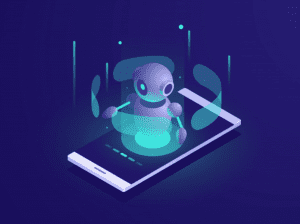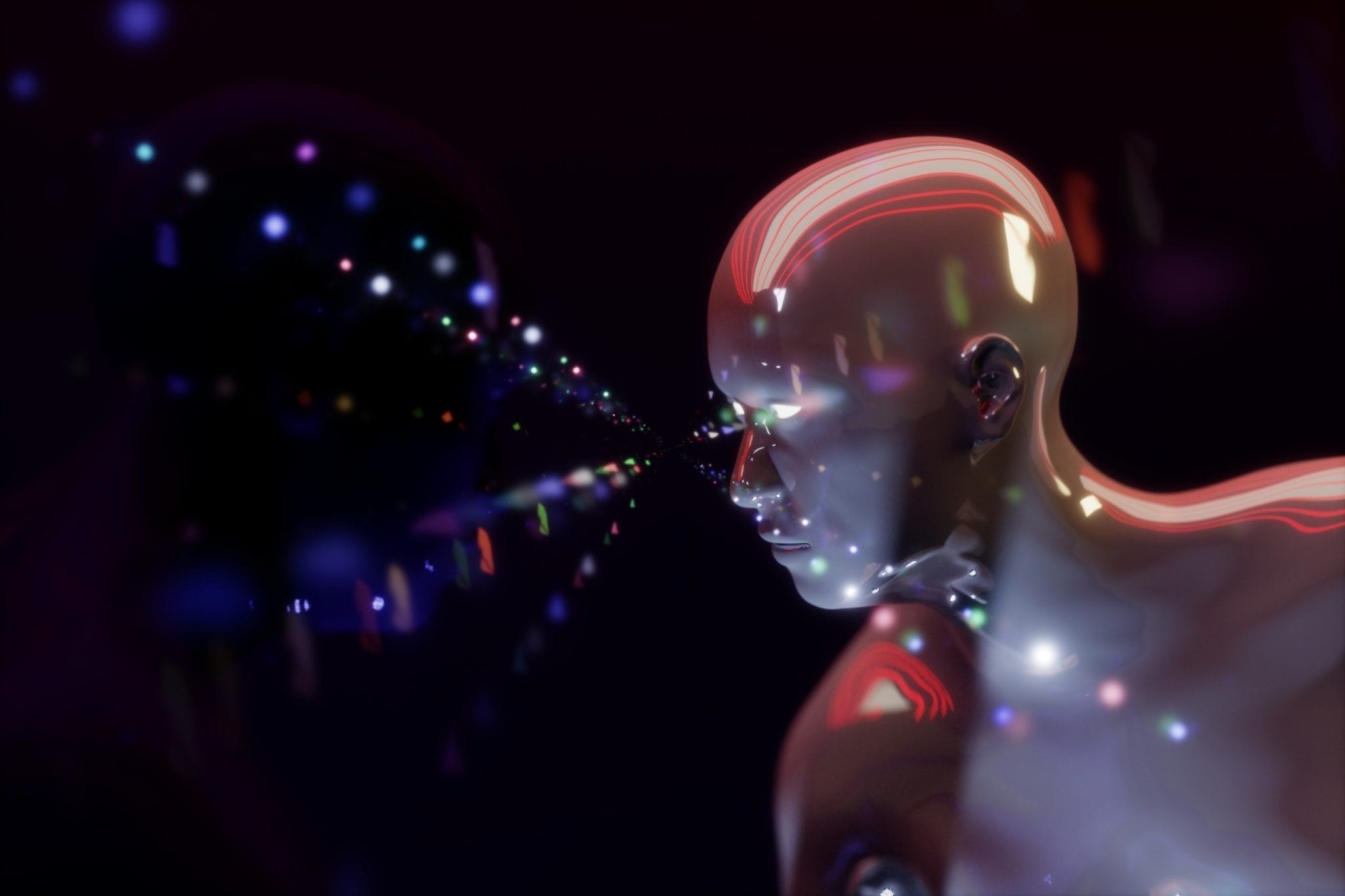There is power in artificial intelligence to transform healthcare. However, healthcare industries need to be particularly meticulous about adherence to local regulations and laws when they engage AI healthcare app developers.
Technology like artificial intelligence (AI) helps healthcare but also brings into focus concerns about adherence to regulations. The trending topic of concern is the use of contact tracing apps by several governments. These apps, apart from using artificial intelligence, rely on bluetooth and GPS to keep track of phone users and to know with whom they have come into contact. The app is somehow supposed to help in resolving the COVID-19 crisis. Google and Apple are understandably peeved at this surveillance type tracking today that could become a permanent feature tomorrow. These two giants have now taken a decision to ban location tracking in contact tracing apps and have specified that “only government health authorities can create apps and that all apps must get user consent before using Exposure Notification API (quote from MIT Technology Review).”
AI transforms healthcare but raises concerns about adherence to laws
There is power in artificial intelligence to transform healthcare. However, healthcare industries need to be particularly meticulous about adherence to local regulations and laws when they engage AI healthcare app developers. Artificial intelligence feeds off massive amounts of data that go into the machine learning and deep learning parts and healthcare developers need access to such data from healthcare service providers. Both are bound by laws such as HIPAA to keep protected health information confidential. The HITECH Act also comes into play since it empowers the federal department of Health and Human Services to oversee promotion of Health IT. All of this underscores the importance of engaging trusted and ethical artificial intelligence developers for your healthcare segment.
Perhaps it would be in everyone’s interest to engage a legal professional just to be on the safe side. Misdiagnosis is responsible for deaths and, as a healthcare services operator, you or your AI solution developer do not want to face lawsuits.

Choosing the right AI developer for healthcare is important
Even Google, considered to be the leader in AI, found that the best AI implementation shows surprisingly different results in actual use compared to laboratory trials. It works best when the healthcare app with integrated AI is developed for the environment where the app will be used. This happened for the AI app for retinopathy in diabetics due to poor quality lighting and improper methods of scanning. One can draw several inferences from Google’s experience. One is that the best healthcare app is after all a tool and users must be familiar with how to use the tool to derive accurate results. Secondly, the application must be monitored even in real life use and kept on refining to improve accuracy. Choosing the right developer is important. AI powered healthcare apps are not something to develop, deploy, and be done with.
Food for thought
Machinery and material are different compared to human physiology and medical conditions. Genetics, local climate, and environment and food habits influence health conditions and diseases. Even within genetic groups you have people living in different socio-economic strata and that too has an influence on their health and propensity to disease.
If you are providing healthcare services to Asians and need an AI powered app then the developer will rely on patient data and records as well as the machine on which the app will be used. It may happen that sufficient data is not available for Asians and the program may be fed data on Caucasians.
The app may be used with ECG/EEG machines or radiography machines in which case it has to be tied to the specific model/brand in use to derive precision outcomes. You may have the machine all right but not the data and the developer may take a shortcut by accessing whatever database is available to train the app. It is going to provide clinical decision support and, therefore, must factor in every possibility, which is for the developer to consider and implement in consultation with the healthcare provider’s team.
A case in point is IBM’s Watson that has been quite successful in predicting risks of congestive heart failure. This is predicated on the assumption that the system was fed the right data and checked the right population. If data is based on Americans and Watson is used for Africans then will it be just as accurate?
5G opens up more possibilities
5G and IoT open up more possibilities in artificial intelligence in healthcare that goes beyond accurate diagnosis. Robotic surgery, for instance, is one example in which the AI powered robot learns from the surgeon and handles fine surgery without fatigue or tremors of the hand. A doctor may conduct a surgical procedure remotely. The 5G IoT combination has extremely low latency and permits such advanced procedures with ease.
Investing in such AI development for healthcare is a profitable proposition. Just make sure you get the right AI expert developer.


Join the conversation!